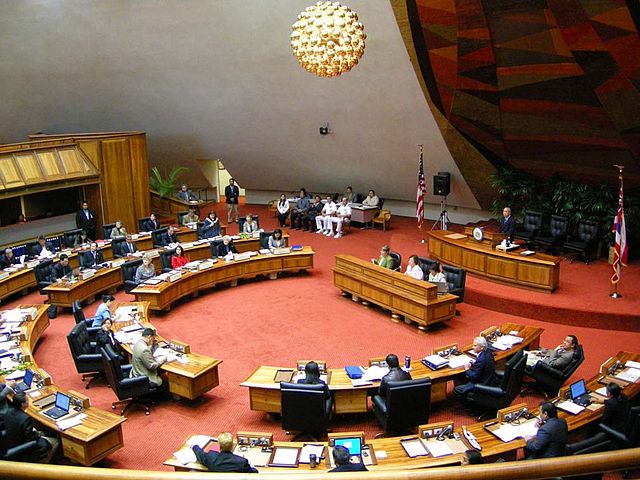State vs Federal Legislation
State and federal legislation differ in that the federal government is responsible for the entire country, while a state government is limited to its own territory. Federal legislation is always the strongest in cases of disputes between the two legislations. In a democratic system, both federal and state governments exist, with their autonomy and relations outlined in the country’s constitution. In places like the United States, governments at both federal and state levels have three branches: executive, legislative, and judicial. Conflicts arise between federal and state legislation because the federal government is so large and powerful, leading citizens to question if they are becoming slaves to the federal government.
Federal legislation is the supreme law, but it has limited authority over state legislation. States can grant broader rights to their citizens than the federal constitution, as long as these laws do not infringe upon federal constitutional rights. This is why state laws on a given subject may differ as we move from one state to another.
Key Takeaways
- Federal legislation is created by the federal or central government of a country, while state legislation is the power a state holds to rule the people living in its particular territory.
- There are subjects over which only the federal government can make laws, and there are subjects over which only the states can make laws.
- In case of a dispute, the federal legislation has an upper hand over the state legislation.
What is Federal Legislation?
Federal legislation consists of laws created by the federal or central government of a country. This law is supreme at all times and aims to unify the country, particularly in dealings with other nations. Federal legislation has the right to decide on fields that impact the country as a whole, such as immigration law, bankruptcy law, civil rights law, copyrights, and patent law. The constitution makes it clear that most important laws, such as those pertaining to defense, international relations, treaties, currency, financial systems, and homeland security, are in the hands of the federal government, with state governments having to follow the federal legislations.
What is State Legislation?
State legislation is the power a state holds to govern the people living in the particular territory that belongs to the state. All states of the Union are sovereign, with their own constitutions, governments, and courts, holding power to make laws covering subjects that are left for them and not preempted by the federal constitution. In some countries, there is a central list of subjects, a state list, and a concurrent list where both the center and states have the power to make laws. However, the central law is placed above the state law, particularly if it contradicts the spirit of the constitution. In the US, if a case requires interpretation of state and federal laws, this is done by the state’s Supreme Court.
State laws are important for their citizens and are unique, depending on the historical roots of the state, its geography, and its relations with neighboring states. Funding of elementary and secondary education, environmental issues, state taxation policy, health, and human services are some of the important state subjects on which state laws hold supreme.
What is the difference between State and Federal Legislation?
The federal system of governance in the US involves subnational identities for its constituent states. State governments have political autonomy and their own constitutions, governments, and courts. This means there are both federal laws and state laws.
Federal legislation covers the most important laws pertaining to defense, international relations, treaties, currency, financial systems, and homeland security for the country. State legislation covers areas such as funding of elementary and secondary education, environmental issues, taxation policy of the state, health, and human services. In case of a dispute, federal legislation has the upper hand over state legislation.
